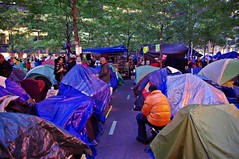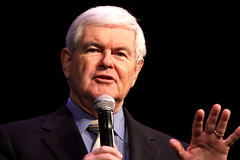
David Montgomery, the first winner of the Sidney Hillman Foundation’s Sol Stetin Award for Labor History and subsequently the award’s lead judge, died on December 2 at age 84.
Montgomery was the nation’s leading labor historian. His many articles and books, especially Beyond Equality: Labor and the Radical Republicans, 1862-1872; Workers’ Control in America: Studies in the History of Work, Technology, and Labor Struggles; and The Fall of the House of Labor: The Workplace, the State, and American Labor Activism, 1865-1925, profoundly reshaped our understanding of the history of American workers.
More than other historians, Montgomery took his readers into the workplace, into the iron mills and railroad shops and munitions plants and electrical equipment factories of the 19th and early 20th centuries, which he saw as central to shaping workers’ consciousness and political struggles. The key to working-class organization and advance, for Montgomery, lay in the militant minority, in the shop stewards, radicals, ethnic leaders, and itinerant organizers who populated the landscape of industrial America. Clear-eyed about labor’s defeats as well as its victories, Montgomery had a firm faith in the power and ingenuity of working people in fighting for better lives and a better society.
David’s intense interest in the details of work life – workers’ tasks and routines, their efforts to control the pace of work, and their complex relationships to machinery, supervisors, and one another – reflected his own decade as a machinist and union activist in New York and Minnesota. As a young member of the United Electrical Workers (and of the Communist Party until 1957), he once arranged for W.E.B. DuBois to address his fellow workers during Negro History Week, typical of David’s lifelong commitment to anti-racism and his respect for the intellect and vision of his fellow workers. Only after FBI harassment got him fired from one job after another did Montgomery finally leave the machine shop for the groves of the academy.
After earning a Ph.D. at the University of Minnesota, Montgomery spent fourteen years at the University of Pittsburgh before being appointed the Farnam Professor of History at Yale University. He shaped labor history as much through his teaching as his writing. Thousands of students had the startling experience of hearing David speak for the first time; his normally shy demeanor changed at the podium, as he held forth about history with passion and in cadences more associated with the Petrograd Soviet than with the snoozy atmosphere of an academic conference or a university classroom. Montgomery trained several generations of graduate students who today hold senior positions in history departments all across the United States and who have pushed labor history forward in myriad directions. A dedicated internationalist, Montgomery co-founded and long edited International Labor and Working-Class History, which has promoted an ever more global and comparative view of the history of workers.
David never abandoned his core belief in solidarity even after he ascended to highest ranks of academia (including serving as president of the Organization of American Historians). Many New Haven workers remember him as the professor who, without fail, would show up at their picket lines, not the usual passtime for senior Yale faculty. In the machine shop, the library, the classroom, and on the picket line, David Montgomery spent a long fruitful lifetime fighting for workers’ advancement, equal rights, and social justice.
Joshua B. Freeman is Professor of History at the City University of New York and a Stetin Award judge. He has written extensively about the history of labor, modern America, and New York City.











